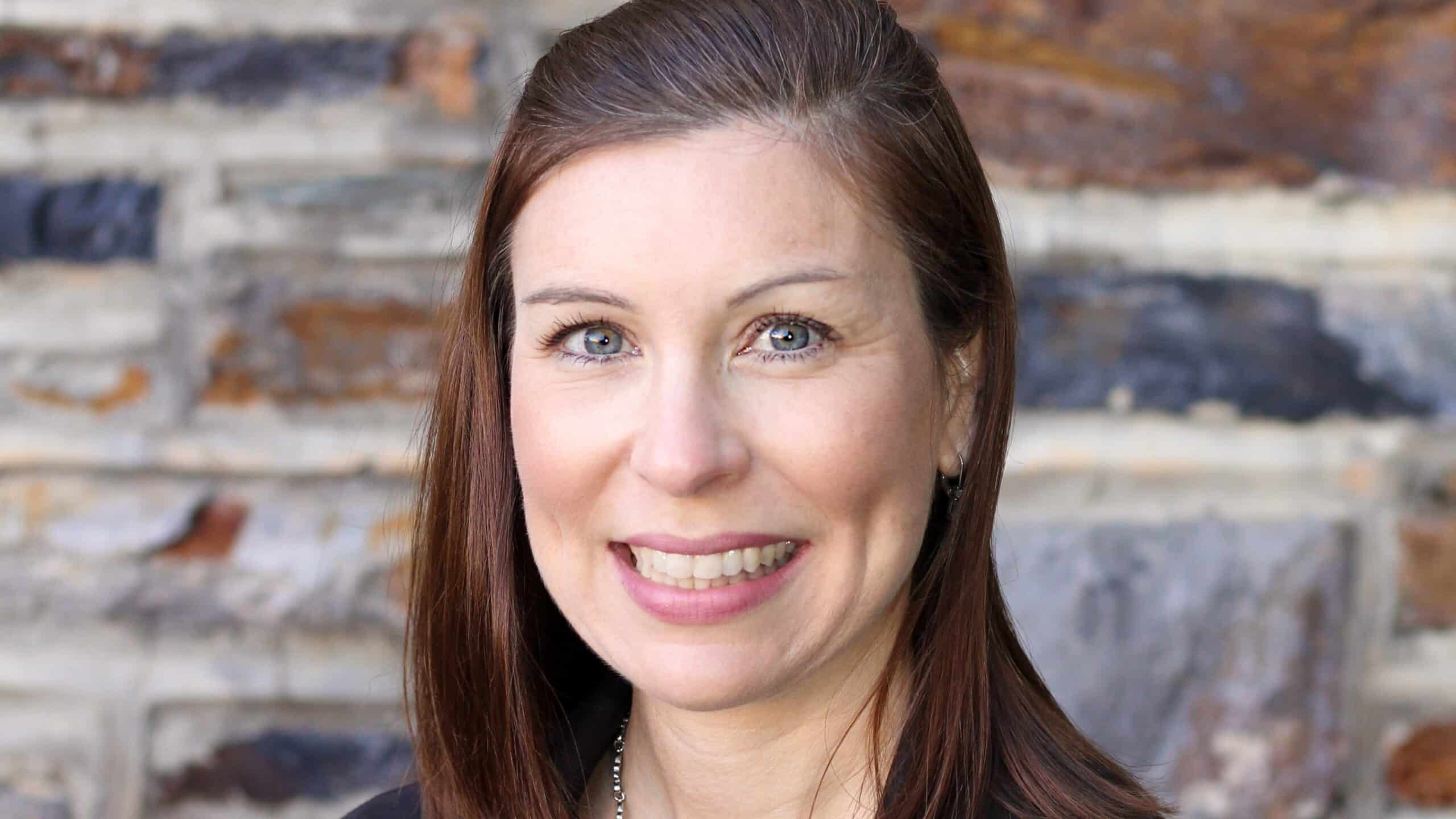Finding Balance
Health and Wellness Coaching invites students to use existing strengths and resources to move toward their goals

It’s easy to feel stuck.
There are academic deadlines and financial pressures. There are expectations from family, too. And there is constant global disquiet. It can feel like a lot of things are drinking up a limited pool of energy.
“There are so many different ways that a person can feel out of balance,” said Bridget Kerwin, the director of student engagement and support at Duke Engineering. “And sometimes people can’t figure out why they feel the way they do.”
Fortunately for Pratt’s graduate and professional students, they have Kerwin to help. She has spent the last year working to become a National Board-certified Health and Wellness Coach, a designation that she earned after logging more than 100 hours of coaching experiences and taking a three-part exam in behavior change theory, motivational strategies and health education.
“Health and Wellness Coaching invites students to engage in the process of understanding why they might not feel like their best selves,” said Kerwin. “Once an area of focus and goal is determined, coaching asks, ‘What personal strengths and external resources do you have right now that will enable you to move toward the goal?’ My job is to guide the process and support the individual as they make choices toward better mental, physical, social, or emotional health. This includes ensuring the selected behavior changes are sustainable to support long-term well-being.”
Kerwin noted that the goals aren’t predetermined or prescriptive because each and every student is unique. “Students might think we’re trying to fit them into a box, but we’re really there to support them and what they decide they want to focus on,” said Kerwin. “They’re in the driver’s seat.”
“Students might think we’re trying to fit them into a box, but we’re really there to support them and what they decide they want to focus on.”
Bridget Kerwin
Director of Student Engagement and Support
Kerwin stressed that coaching isn’t therapy; rather, it’s an extension of support services. There’s no predetermined coaching schedule, either.
Some students value frequent touchpoints, while others seek support at times of peak stress—the beginning of the academic year and its avalanche of newness, for instance, or the slope from spring to summer, when mid-terms and internship searches battle for priority.
Even when Kerwin’s calendar fills up, she said there is still flexibility to meet the needs of students, including appointments by Zoom, and it’s as easy as clicking a link.
“It’s powerful to be able work one-on-one in this capacity with students,” said Kerwin. “It really is a commitment that the Pratt School of Engineering is making to the student population—to demonstrate that we support them holistically.”
